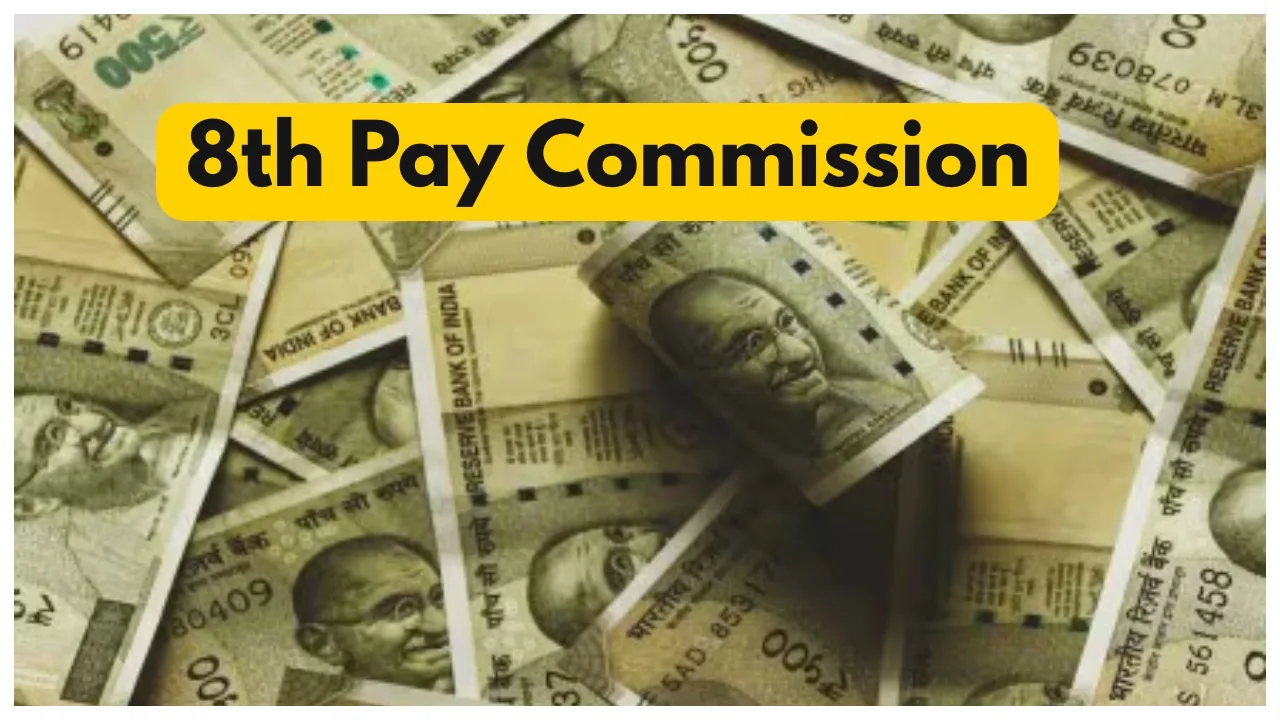8th Pay Commission: The government has approved the formation of the 8th Pay Commission, which will evaluate the salaries, allowances, pensions, and other benefits for central government employees, with the goal of recommending suitable salary increases. The commission’s report is anticipated to be completed by 2026. This decision was made during a cabinet meeting led by Prime Minister Narendra Modi.
So, what is a pay commission, how is it established, and who benefits from it? A Pay Commission is a high-level committee created by the Central Government. The most recent one was set up in 2014, with its recommendations implemented in 2016. The primary objective of the Pay Commission is to ensure that employees receive fair compensation that enables them to live with dignity, reflecting their economic conditions. It proposes reforms aimed at improving the economic well-being of government employees, addressing areas such as employee welfare policies, pensions, allowances, and other benefits.
Typically, a Pay Commission is established every ten years, although this timeframe can be adjusted; the government may choose to create one sooner or later based on economic requirements. The commission can be formed under any administration as needed, and its leader may be a judge or another high-ranking official, with other members being experts in pay, finance, economics, and human resource management.
Who are not eligible for the 8th Pay Commission?
According to the 7th Pay Commission, all civil service employees funded by the consolidated fund of the country are included under its jurisdiction. However, employees of Public Sector Undertakings (PSUs), autonomous bodies, and rural postal workers are excluded. Additionally, certain special employees, such as judges of the High Court and Supreme Court, are also not covered by the Pay Commission, as their salaries and allowances are governed by separate regulations and laws.
